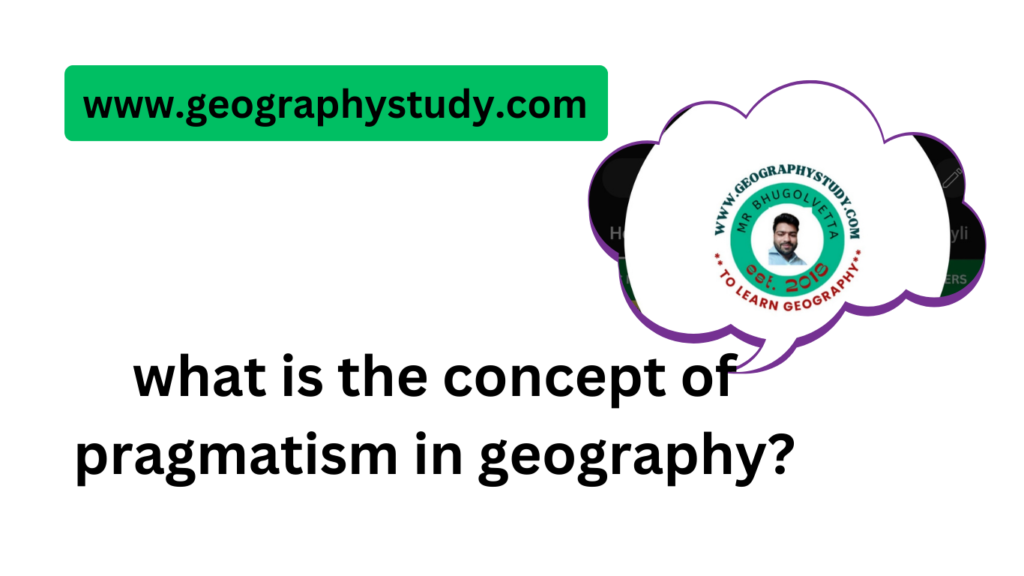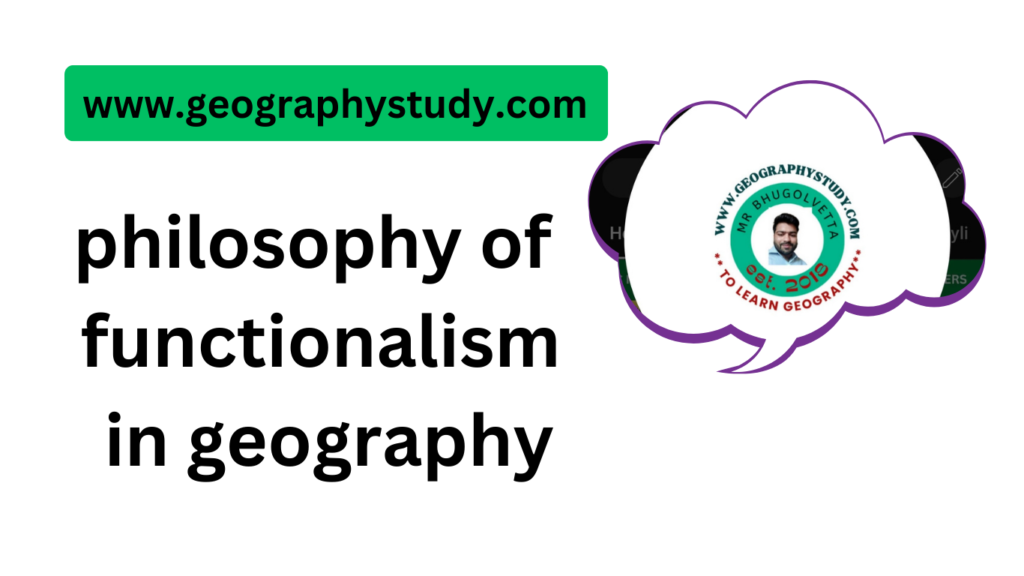Immanuel Kant was not only a great scholar of philosophy, but he also made an immense contribution to the development of the natural sciences, especially astronomy, geology, and geography.
What is the contribution of Immanuel Kant to geography?
Immanuel Kant made a significant contribution to the field of geography by providing a philosophical foundation for the subject as a scientific enterprise. His interest in explorations for empirical knowledge led him to develop a philosophical framework that established geography as a systematic science focusing on specific types of phenomena, including the natural and physical sciences.
main work of Immanuel Kant?
His work has had a significant influence on various fields, including metaphysics, epistemology, ethics, political philosophy, and aesthetics.
Some of his most notable works include:
- Critique of Pure Reason (1781, 1787): This treatise aims to show the limits of what can be known by theoretical reason and is based on Kant’s doctrine of transcendental idealism, which argues that space and time are mere “forms of intuition” that structure all experience.
- Critique of Practical Reason (1788): This work focuses on the concept of freedom and the relationship between reason and morality.
- Critique of Judgment (1790): This work explores the nature of aesthetic judgment and the relationship between beauty and morality.
- Anthropology From a Pragmatic Point of View (1798): Based on Kant’s anthropology lectures, this work provides a comprehensive and systematic account of human nature and behavior.
- Opus Postumum: A series of notes that Kant wrote in his later years, postulating the existence of an ether or aether and attempting to close the gap between metaphysics and his earlier work. These notes remained unfinished and unpublished during Kant’s lifetime.
Who was Immanuel Kant?
Immanuel Kant (1724–1804) was a German philosopher and a central figure in modern philosophy. He synthesized early modern rationalism and empiricism, significantly influencing metaphysics, epistemology, ethics, political philosophy, and aesthetics. Kant’s “critical philosophy,” especially presented in his three critiques—the critique of pure reason, the critique of practical reason, and the critique of judgment—is a fundamental idea in his work.

He is known for his doctrine of transcendental idealism, which emphasizes the distinction between the empirical world (phenomena) and the supersensible world (noumena). Kant’s influence on philosophy has been profound, and his work continues to be studied and debated to this day.

